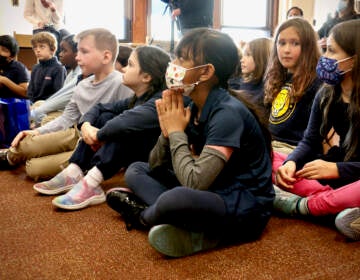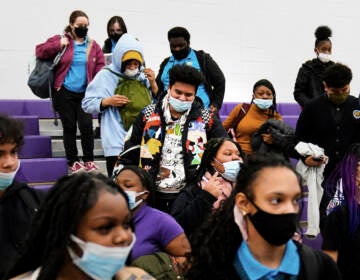Philly-area college students owe rent for their now-empty apartments, with little to no recourse
Many students are obligated to pay rent under leases that run until August, even as many have lost their jobs and most aren’t eligible to receive the government stimulus aid.

Gina Moffa, 22, a senior at Drexel University studying business administration, is stuck paying for an empty apartment. “The entire remaining debt was put on my shoulders,” Moffa said. (Tyger Williams/The Philadelphia Inquirer)
This story originally appeared on The Philadelphia Inquirer.
Big-box apartment complexes dot the edges of Philadelphia’s university campuses, vying for students’ business. The rental companies specifically market to collegians — touting their study spaces and laundry rooms, labeling themselves “official student housing” — and using their relationships with colleges to maintain steady streams of tenants willing to pay a premium.
But the closure of universities because of the coronavirus has left the young tenants in an untenable financial situation with the private apartment corporations.
Many students are obligated to pay rent under leases that run until August, even as many have lost their jobs and most aren’t eligible to receive the government stimulus aid. Some complexes have offered a month of rent forgiveness and payment plans, but students — and their parents who are listed as co-signers — are desperate to terminate their leases.
“It’s so frustrating because it’s just me going against this giant corporation who just sees me as a number,” said Gina Moffa, a Drexel University graduating senior. “They don’t really care what I’m going through; they just want to get their money.”
Moffa rents from Chestnut Square, one of 166 student housing properties owned by American Campus Communities across the country. The company said it has forgiven $17 million in rent so far and is working on a case-by-case basis with students to meet their financial needs.
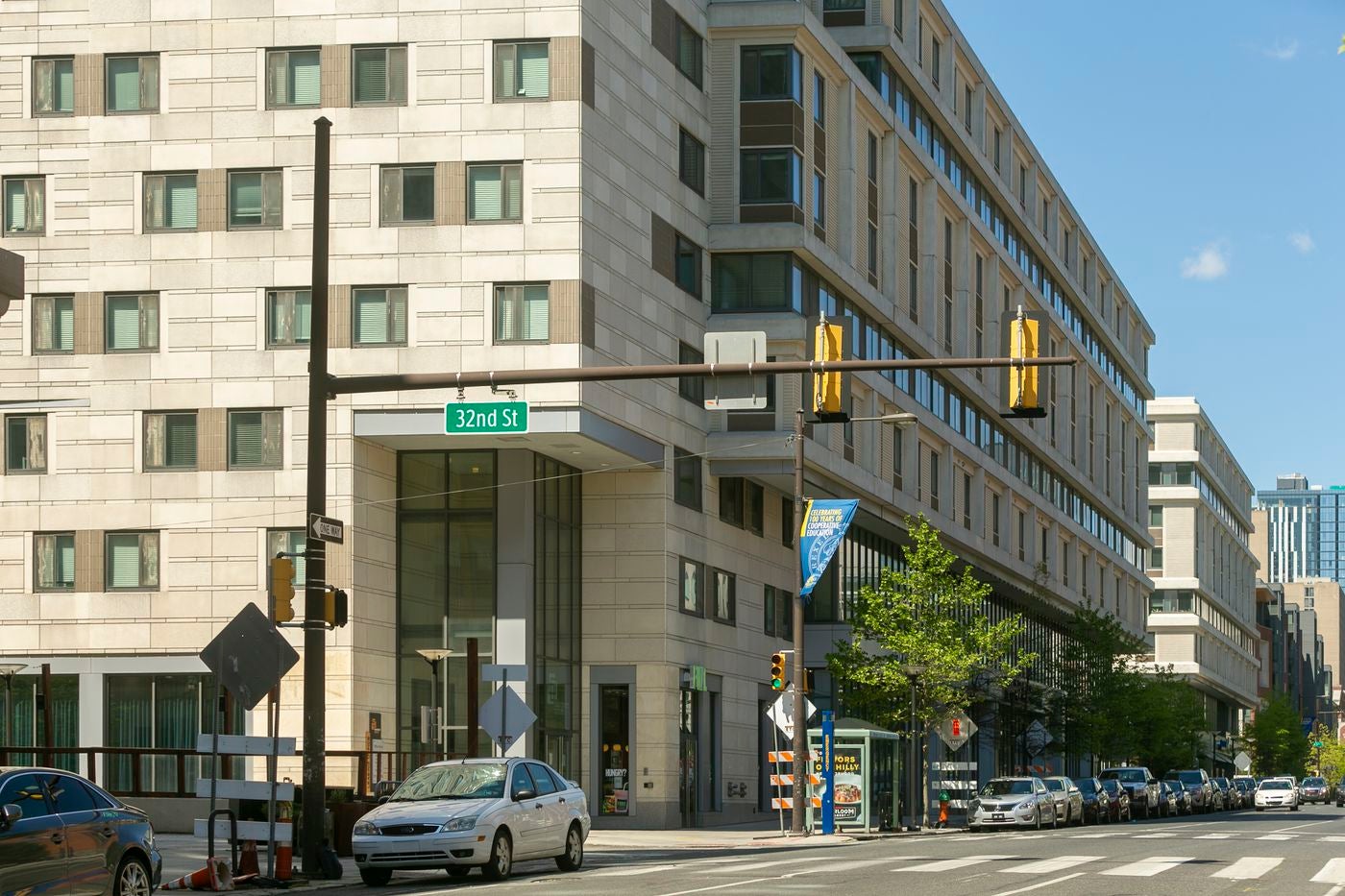
Moffa wants to terminate her lease early, but the company said that’s not allowed, and her legal options are limited. It’s a response most student renters are facing, and now, some are organizing and enlisting support from university and elected officials.
“The real problem is there is not really one law regarding lease termination,” said David Hoffman, professor at the University of Pennsylvania’s Carey Law School. “The answer is always ‘What does your lease say?’ ”
Moffa’s situation is particularly complicated. The 22-year-old had moved out of her Chestnut Square apartment in March because her student loans, which she used to pay rent, were smaller than expected. She found another student to sublet her room in the two-bedroom apartment starting in April and moved home to Brick, N.J.
Then the coronavirus moved all of Drexel’s classes online through the end of the summer, and her subletter backed out, leaving Moffa responsible for the $1,350-a-month rent through August.
Because of the pandemic, Moffa has lost her two part-time jobs, her mother has been furloughed, and her father’s hours have been cut in half. She doesn’t qualify for unemployment and isn’t eligible for the $1,200 federal stimulus check because for tax purposes her parents claim her as a dependent. She can’t afford to pay rent for April or May, let alone three more months, she said. She’s worried she may have to borrow money to pay for the empty room.
“We don’t have that money and especially now that we aren’t working, we have no way to get that money,” Moffa said. “Every dollar my dad is making is going to pay our bills.”
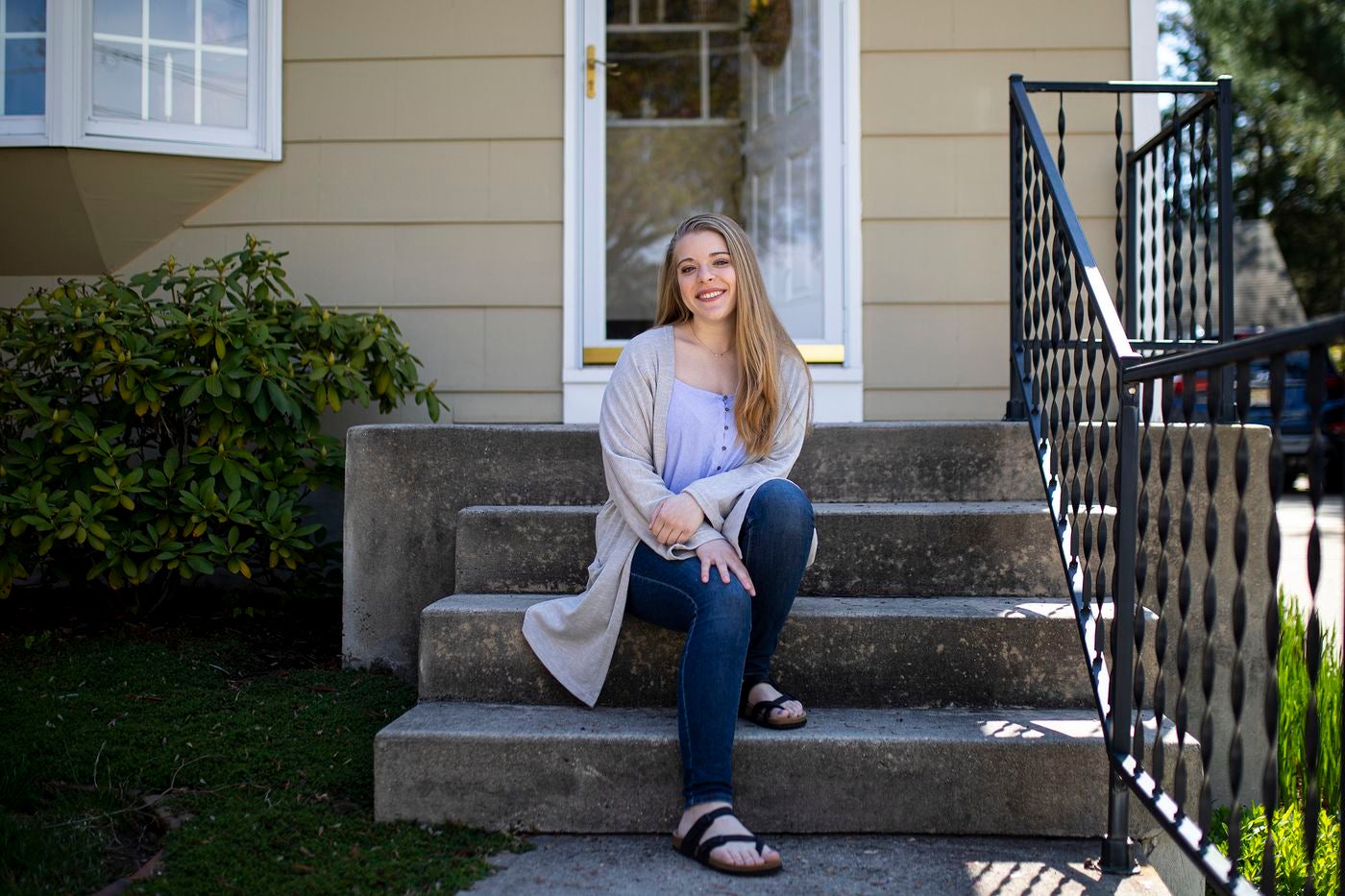
In addition to Chestnut Square, American Campus Communities, the largest private dorm manager in the United States, also owns the Summit and University Crossing complexes in University City. Moffa said the complex, as part of its Resident Hardship Program, forgave April’s rent and said she could take until the 15th of each month to pay, but the company said her lease will be upheld through August.
The only way out without facing legal action, according to her lease, is to pay the remainder of the rent due, or find a tenant to take over the unit, but because school has closed through the summer, there’s no interest in the apartment.
“We have made a pledge that every American Campus Communities resident will continue to have a home during this crisis regardless of their ability to pay rent on a timely basis,” Bill Bayless, CEO of American Campus Communities, said in a statement. “At this difficult time, there will be no late fees, no online payment fees, and no financial-related evictions. Also, there will be no negative impacts to the credit reports of those suffering financial hardships and participating in our Resident Hardship Program.”
The Nest at 1324 N. Broad St. near Temple University, owned by Philadelphia-based Bock Development Group, which has 300 other beds of student housing, says it won’t charge students rent in the fall if the university cancels in-person classes. If students do return, the Nest will reduce next year’s rent by $200 a month to help alleviate financial stress.
But a couple of blocks from Temple, the Oxford Village Apartments, owned by Georgia-based RISE Real Estate, which owns 52,206 beds in complexes across the country, is not allowing early lease terminations.
An official from University Realty, which operates housing near Drexel University, the University of Pennsylvania, and the University of the Sciences, said the company is not commenting about the pandemic.
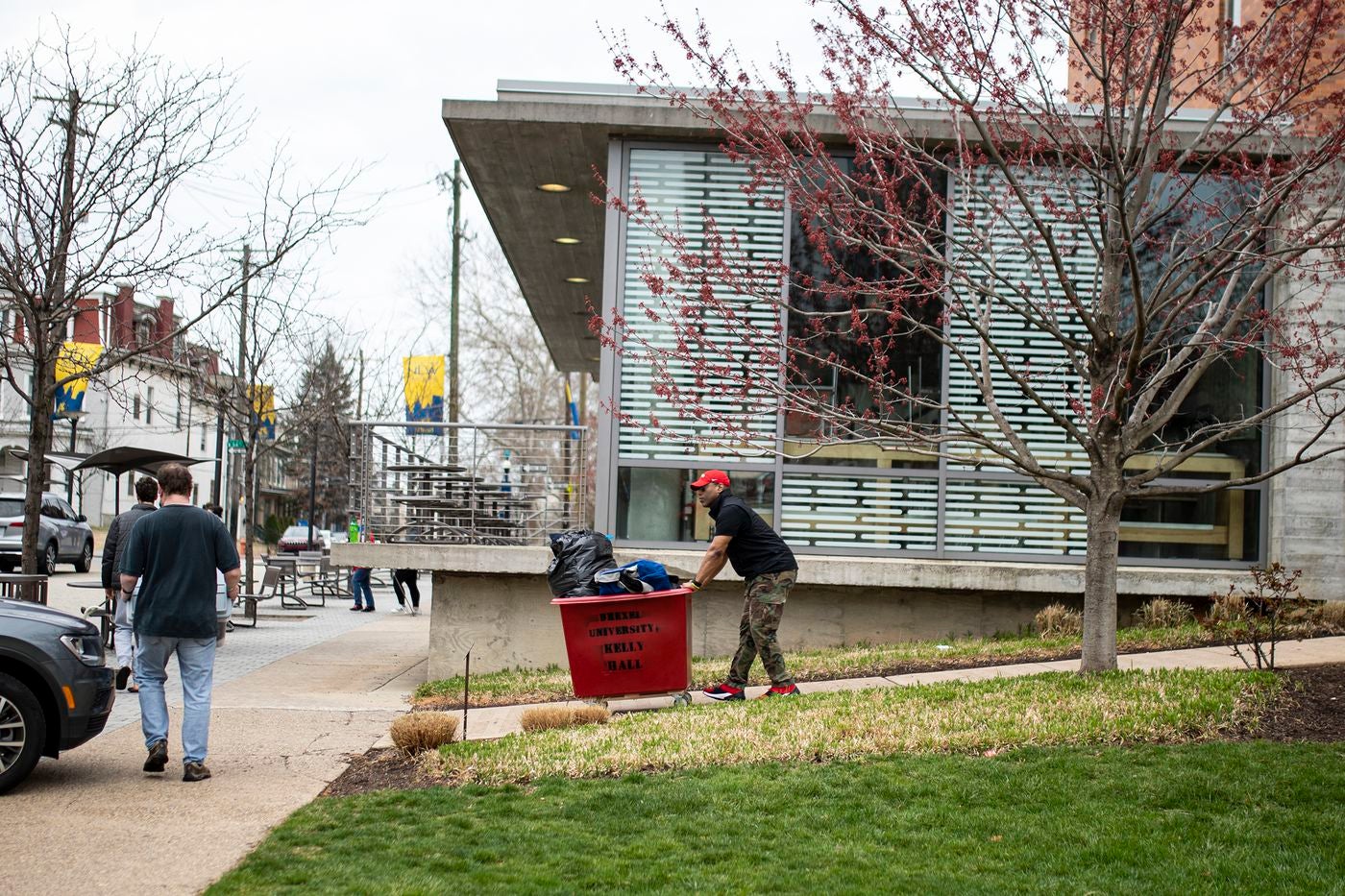
Aside from what landlords offer, tenants’ legal options are limited.
In Pennsylvania, a lease can be legally terminated only when a tenant joins the military, the unit is declared unsafe, or the landlord violates the tenant’s privacy. Generally, if a tenant breaks the lease, landlords will seize the security deposit and could request three months of rent, plus the cost of finding a new tenant, said Penn’s Hoffman, who specializes in contract law. The landlord could also take legal action.
“There’s been some talk about whether the universities should put pressure on these companies … to let students out of their leases,” Hoffman said. “No university I have heard of is actually doing anything yet.”
“I wonder whether the companies are being penny-wise and pound-foolish,” he said. “There are real reputational effects for forcing people who are no longer on campus to pay rent. The internet doesn’t forget, and apartment rating sites should and may reflect the anger that students are going to feel toward their landlords moving forward.”
Three West Chester University students, Katie Fox, Ally Drames, and Riley McGowan, created the group Advocates for WCU Renters, and its Facebook group has accumulated nearly 250 members. The students hosted a virtual meeting with more than 75 participants, including State Rep. Carolyn Comitta (D., Chester), West Chester Mayor Dianne Herrin, and university president Christopher Fiorentino.
“Everyone was in agreement that this is not a just situation,” said Fox, 21.
Fox, Drames, and McGowan are sending a letter to local landlords, signed by Comitta, Herrin, Fiorentino, and others, asking them to alleviate rent, forgo fines or late fees, and give students the ability to break pre-signed leases if classes remain online through the fall semester.
The West Chester students are optimistic, but the struggle in Philadelphia persists.
Grazia DiDonato, 52, a single mother of three from Manchester Township, N.J., says she can’t afford to keep paying for her 20-year-old daughter Rosalia’s $1,400 rent at Carriage House apartments in University City. Carriage House owns multiple renovated historic buildings in West Philly.
“To have to pay a bill to an empty apartment? When I think about it, my stomach gets sick,” said DiDonato, a teacher who has lost her summer job. “That rent is the same amount of money as my mortgage.”
DiDonato said she has reached out to the apartment managers, who offered a payment plan, but said they could not break the lease.
“They thrive off of these college kids all year long,” she said. “Then this thing happens, and they’re like, ‘There’s nothing we can do.’”
Staff writer Michaelle Bond contributed to this article.

The Philadelphia Inquirer is one of more than 20 news organizations producing Broke in Philly, a collaborative reporting project on solutions to poverty and the city’s push toward economic justice. See all of our reporting at brokeinphilly.org.
WHYY is your source for fact-based, in-depth journalism and information. As a nonprofit organization, we rely on financial support from readers like you. Please give today.



